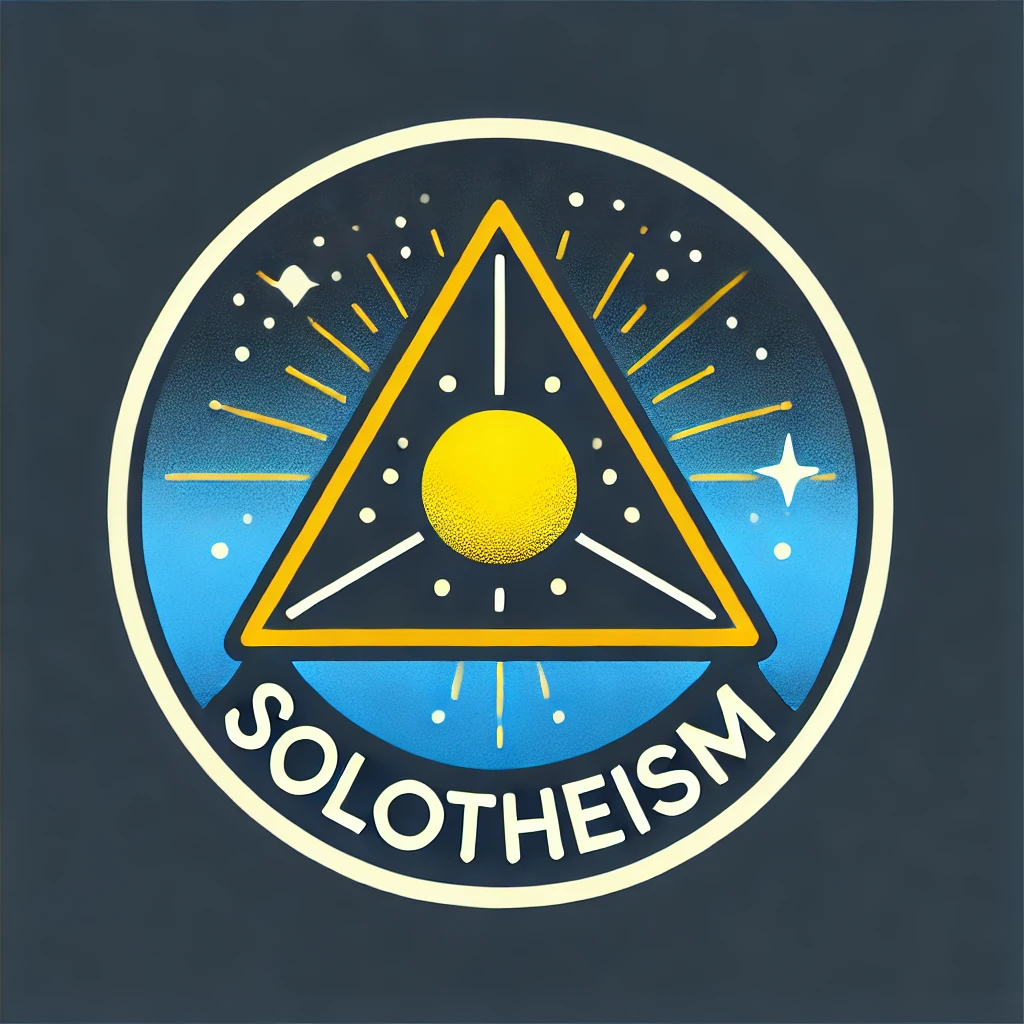
In exploring Solotheism, I often think about truth—not as a sermon or proclamation, but as an intimate process of discovery. Solotheism isn’t about dogma or rules; it’s a framework for navigating life with critical thinking, personal autonomy, and empathy at its core. These principles aren’t just lofty ideals—they are the tools we use to hold ourselves accountable and to connect meaningfully with others.
The Mirror of Truth
Truth, for me, is not a fixed destination but a dynamic mirror reflecting both ourselves and the world around us. It’s shaped by our beliefs, experiences, and the courage to ask difficult questions. Solotheism challenges us to sit with discomfort, to examine our assumptions, and to recognize the biases that cloud our judgment. This isn’t failure—it’s growth. Each realization is a step closer to understanding ourselves and the complexities of reality.
The Role of Relationships
We don’t navigate this path alone. Connection is fundamental to the Solotheist perspective, not as a means of control, but as a way of learning from and supporting one another. When someone shares their truth, they are inviting us into their perspective. To listen, to empathize, and to challenge thoughtfully is to honor that trust. This is not about winning arguments or converting minds—it’s about building bridges that can sustain genuine dialogue and mutual growth.
Accountability and Redemption
Solotheism doesn’t shy away from the messy parts of being human. We all make mistakes, and sometimes we harm others or betray the trust placed in us. Redemption, however, isn’t a matter of absolution; it’s an active process. It’s about confronting the consequences of our actions, making amends, and striving to rebuild what was broken. It’s a challenge, but one rooted in sincerity and the pursuit of mutual respect.
Individual and Collective Growth
At its heart, Solotheism thrives on balance. It respects the unique spiritual journey of the individual while recognizing the value of collective exploration. We are interconnected by a shared origin, yet our paths are distinct. By embracing this balance, we can foster a community where diversity and individuality coexist with empathy and understanding.
Moving Forward
The principles of Solotheism are not rigid—they are flexible, evolving with each person who engages with them. As we navigate our own truths, we contribute to a broader dialogue about what it means to live authentically and ethically in a complex world.
This isn’t a sermon; it’s an invitation. Reflect and grow, not because someone says you must, but because the journey itself holds meaning.